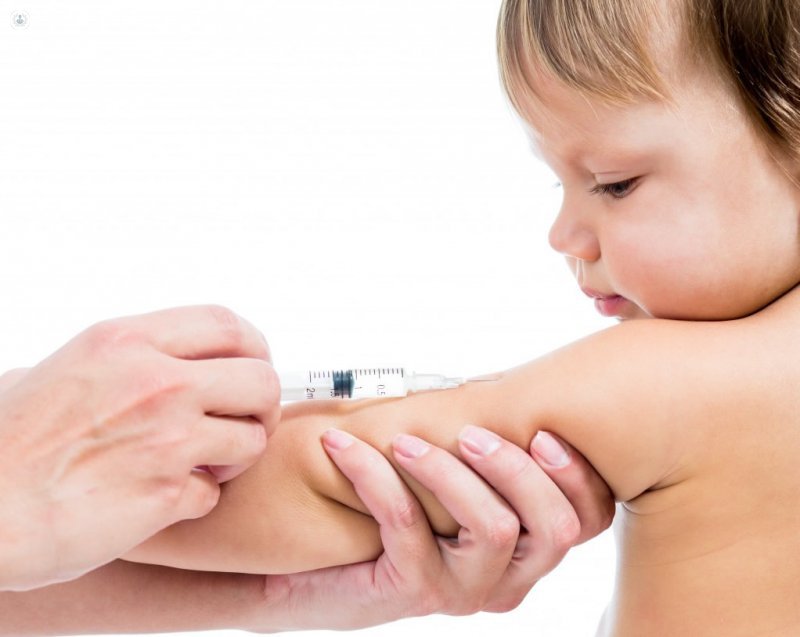Vaccines: why, when and how
Written by: Vaccines prevent a number of diseases that can be serious and even fatal, and some of them also lack effective causal treatment. Thus, the best way to fight them is vaccinating younger.
Vaccines prevent a number of diseases that can be serious and even fatal, and some of them also lack effective causal treatment. Thus, the best way to fight them is vaccinating younger.
When to start vaccinating children?
As much as possible, something that will depend on the disease which want to protect the child. Some such as hepatitis B can be vaccinated from birth. Others like the human papilloma virus, which prevents the development of cervical cancer, can be vaccinated from the age of nine, eleven or twelve.
Is there no mandatory vaccine that every child should have?
For the next year 2016 the Spanish Association of Pediatrics, divide the recommended childhood vaccines population into three groups:
- Systematic vaccines funded by the Public Health: all children should receive. These are vaccines against hepatitis B, diphtheria, tetanus, pertussis, polio, haemophilus influenzae type b (Hib), pneumococcal infections, measles, rubella, mumps, chicken pox, meningitis C and human papilloma virus.
- Systematic Vaccines not funded by the Public Health: Ideally, all the children received, but must be purchased in pharmacies: rotavirus vaccines against meningococcal and B.
- Vaccines for risk groups: the children can receive all, but are recommended to those with a higher risk for these diseases or in them, they can be serious ma. These vaccines are funded for these patients, and prevent influenza and hepatitis A.
Although ideally Public Health could finance all available vaccines, to make this possible, the circumstances of each child and each family shall be those determined not funded vaccines your child receives.
Vaccines and side effects, truth or myth?
It is estimated that each year vaccines save three million lives and believes in preventive medicine there is not as efficient, effective and safe measure as vaccinations. That is, although any vaccine as any drug can sometimes lead to an adverse reaction, they are mild; if they are general, they are often of little relevance.
In this regard, experts in Pediatrics say with certainty that what is prevented by vaccines far outweighs the possible side effects. Or what is the same, the benefits of vaccines are infinitely greater than the risks. You should only think about the millions of children who are vaccinated in the world every day without relevant incidents.



